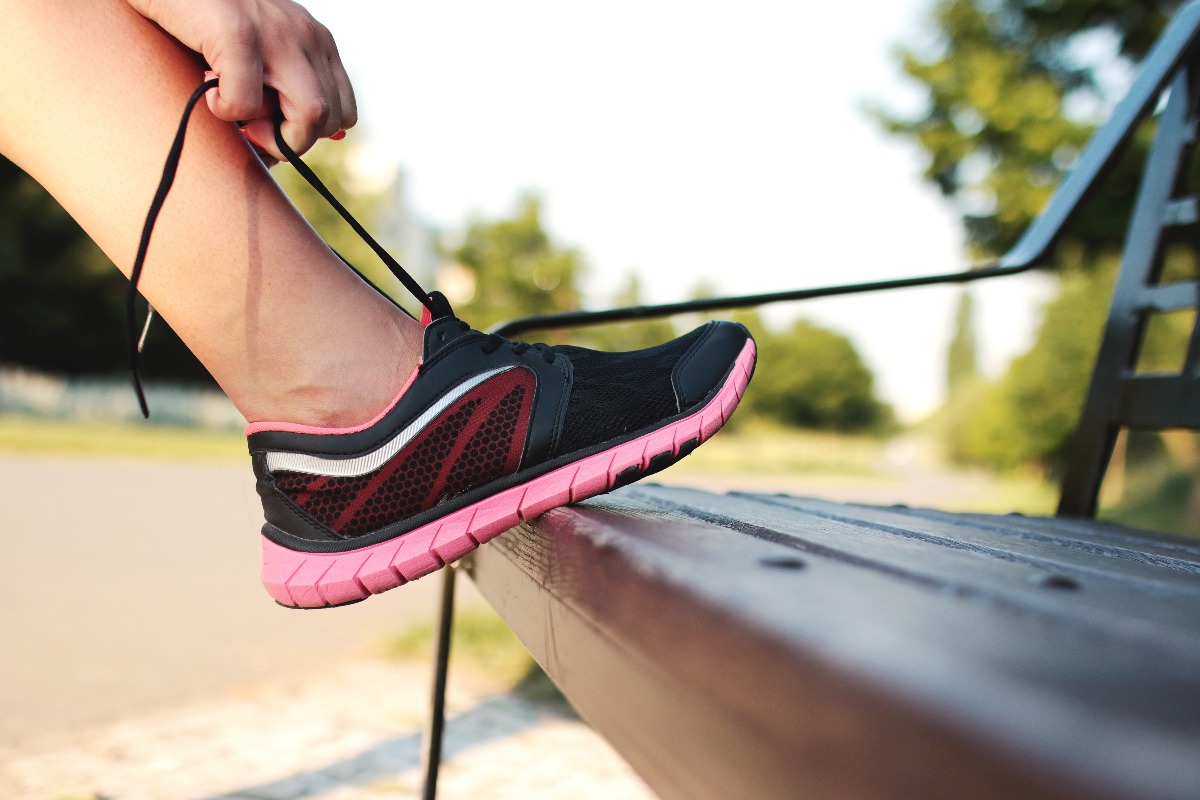
After surviving a traumatic event, you may feel as though your life will never be the same. The aftereffects of trauma disorders can be devastating for anyone. It’s common to experience post-traumatic stress disorder (PTSD), depression, anxiety, and other negative effects due to what you’ve been through.
However, with the right coping mechanisms, you can learn to move past your trauma and thrive once again. One way that many people find solace in their time of need is through exercise. Numerous benefits come from starting an exercise routine, along with additional treatment, after experiencing a traumatic event.
Benefits of Exercising After a Traumatic Event
Studies show that exercising after a traumatic event can benefit you in several ways. First, it can help you manage your emotions.
After experiencing trauma, you may feel like you cannot control how you feel. You may find yourself crying or getting angry at seemingly nothing. The emotions that accompany trauma can be extremely difficult to manage, and exercise can help you to do just that.
Exercising may also help you to improve your sleep. After experiencing a traumatic event, many people experience problems with their sleep, as they may have nightmares related to their trauma. When you exercise, you release hormones that make you feel better.
Exercising can also help relieve stress and improve your overall mood, making it easier to cope with the trauma you’ve experienced.
How Exercise Helps You Cope
Experiencing trauma can be extremely stressful. You may feel as though you have no way to release the built-up tension and stress in your body. Exercise can help you release all the stress you’ve been holding. This can make it easier for you to cope with the aftermath of your traumatic event.
After experiencing trauma, it can be difficult to control your emotions. It can also be challenging to find a way to feel more in control of your emotions. Exercising can also help you to reduce your risk of developing PTSD as a result of your traumatic event.
Incorporate Exercise Into Your Recovery Plan
If you are new to exercise, it can be challenging to know where to start. If this is your first time exercising, it’s best to ease your way into it with some stretching and simple exercises. You don’t want to push yourself too hard, too soon. What kind of exercise you choose is up to you. It can be anything – from walking to yoga to weightlifting. What’s important is that you find something that you like enough to stick with it.
Exercise can help you to manage your emotions. It can also reduce your stress levels, improve your sleep quality, and reduce your risk of developing PTSD. Exercising can help you to heal after a traumatic event, and it can also help you to thrive after a traumatic event. No matter how long you’ve been living with your trauma, these benefits can apply to you and help you heal.
Exercising after a traumatic event can help you to cope with the aftermath of your trauma in a number of different ways. It’s important to remember that you don’t have to do anything that feels too challenging or overwhelming for you. If exercise is something that interests you but you aren’t sure how to start, there are plenty of resources that can help you get started with a fitness routine that works for you. For more information, call The Guest House at (855) 483-7800 today.